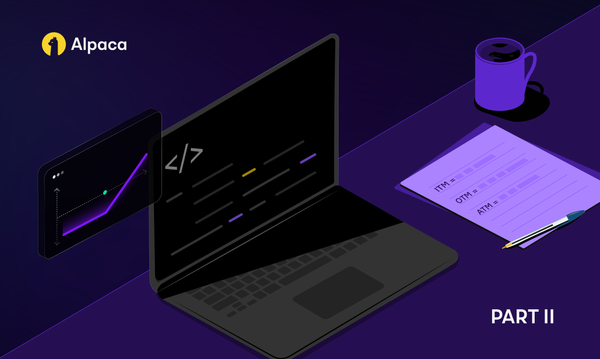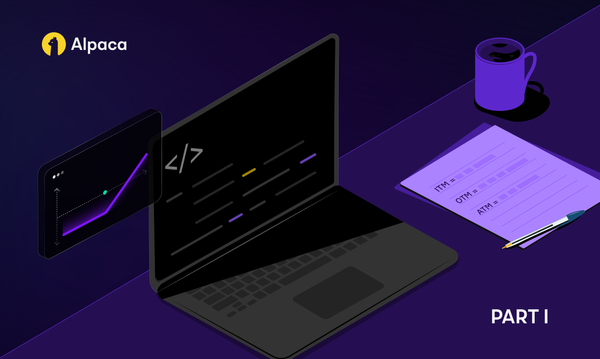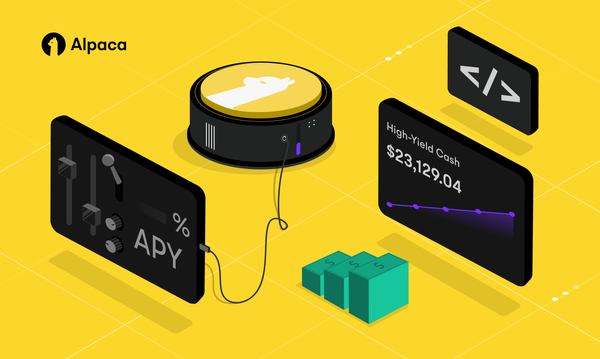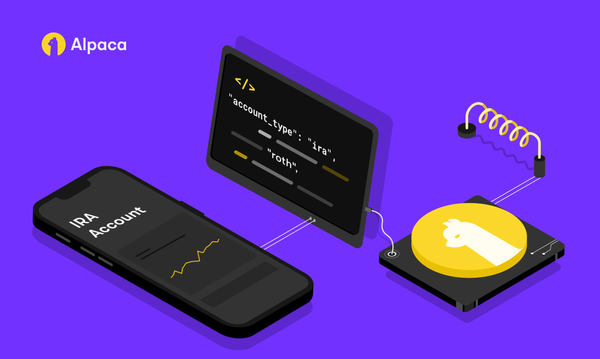Top 10 Use Cases for Crypto APIs
From crypto wallets to crypto mining, crypto APIs have many uses. Take a look at how enterprises and individuals are using them today.
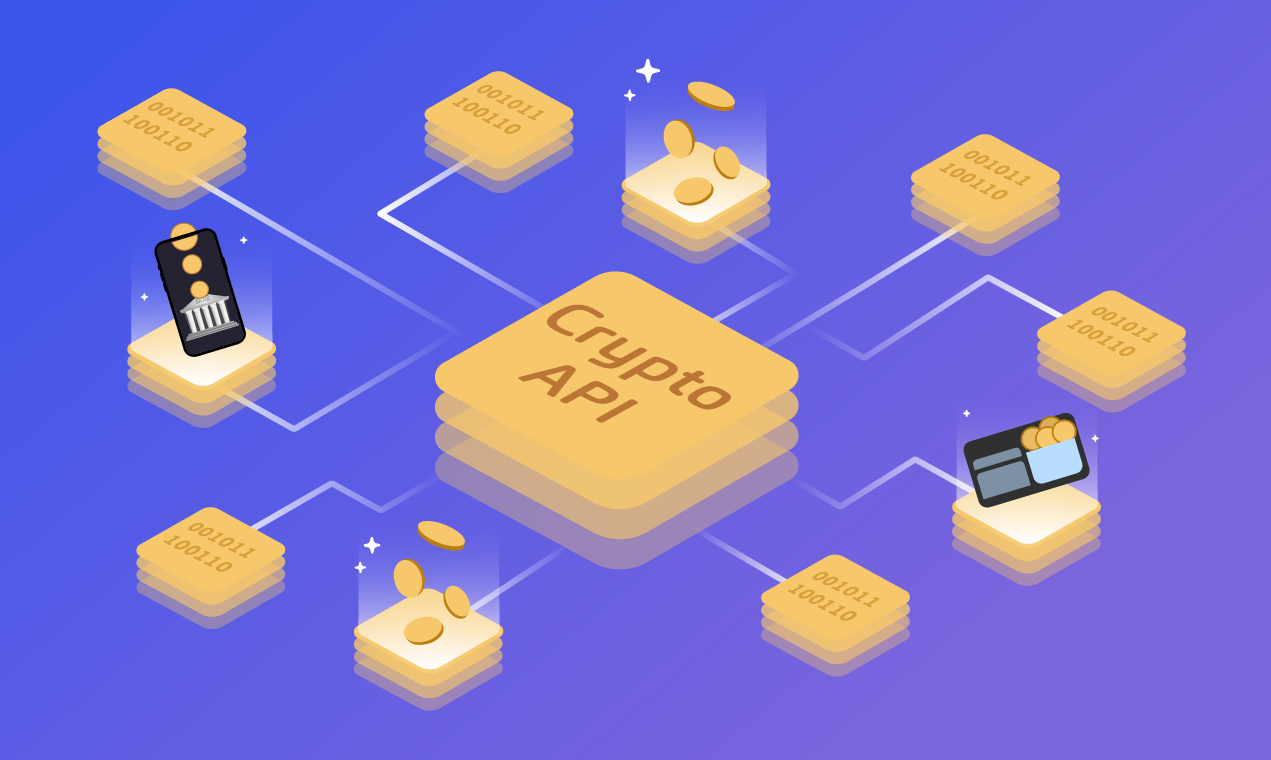
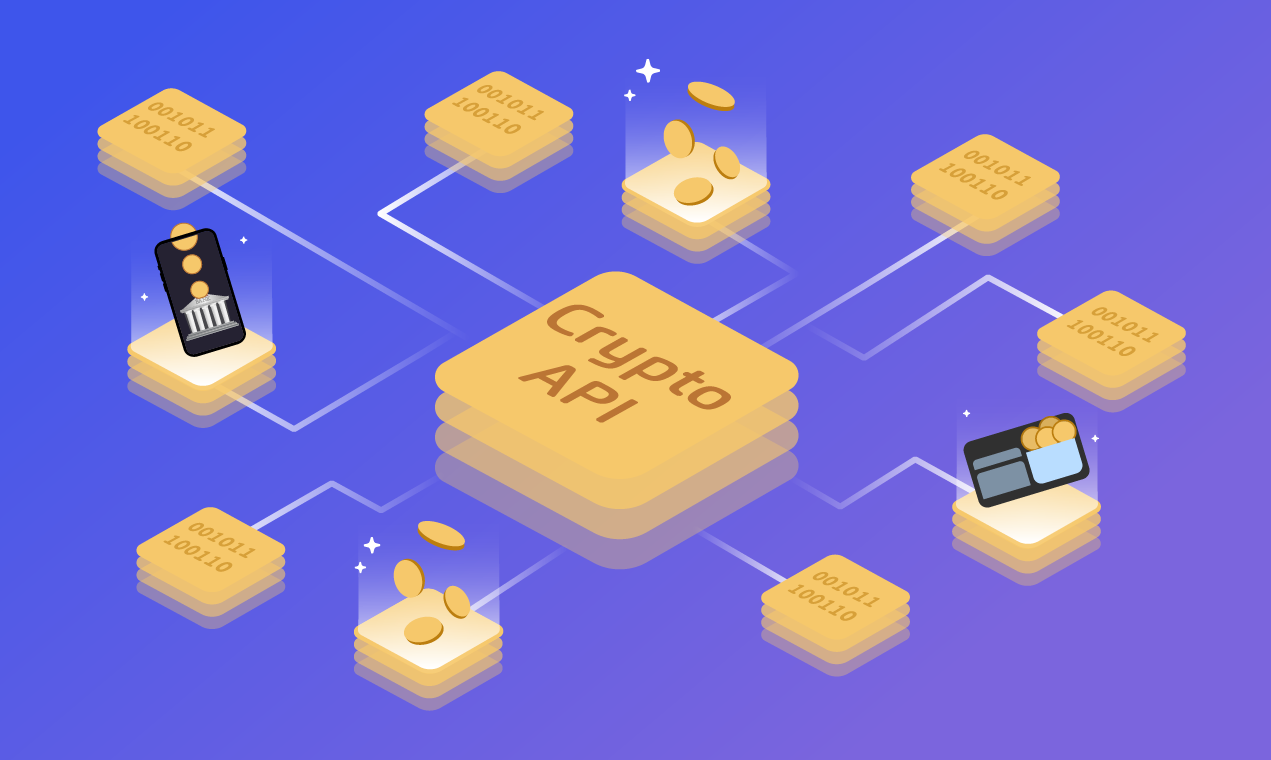
Financial services can integrate with blockchain and cryptocurrency services by using application programming interfaces (APIs). From crypto wallets to crypto mining, the uses for crypto APIs are many and varied. Here’s a look at how enterprises and individuals are currently using crypto APIs.
Crypto Wallet
Chances are, your phone already has a digital wallet that stores some of your credit card data for online and in-person purchases. In a similar vein, crypto wallets help manage the public/private key pairs that control ownership of the underlying crypto. They serve as a central location where you can manage your crypto and connect to decentralized applications (dApps). Crypto wallet APIs link to different digital currencies and perform various functions for convenience purposes. Take Binance API as an example – it lets you set up a “kill switch” on your wallet for immediate crypto sales, order placements, and open order cancellations.
Digital Banks
APIs for digital banking platforms allow banks to integrate with crypto banking services to enable lending, maintain accounts, make payments and accept deposits. It also allows banks to notify customers about their balances and fees. In doing so, banks could potentially attract new customers and further engage with existing customers.
Portfolio Tracking
Crypto APIs can be used to feed historical, live blockchain, and market data to portfolio management software or portfolio trackers, enabling users to manage their crypto holdings more effectively. These APIs can provide the portfolio holder with information such as transactions made from a particular address, track fees paid in a specific transaction or transaction period, monitor deposits and withdrawals, etc.
Crypto Exchanges
APIs also can connect you with historical data and staking interests and sort coins by market cap and volume. For example, Coinbase’s FIX / REST exchange APIs and WebSocket feeds can “provide direct access to order placement and provide real time market data.”
Crypto Custody
Crypto custody APIs from crypto custody providers integrate with crypto wallets and other digital currency management applications to store and secure crypto assets – especially the private key that verifies those assets' owners.
Crypto Mining
Crypto mining APIs can connect crypto mining applications with information from a specific blockchain — providing details about a block's miner, notifying the user when blocks are created or reverted.
Crypto Lending
APIs for crypto lenders can ease the task of verifying asset ownership and history, the borrower's net worth, and credit. Lending platforms using crypto APIs can help users borrow and lend crypto directly to one another and collect interest.
Crypto Taxes and Accounting
Understanding crypto taxes is essential not only at tax time, but also from the minute someone buys their first coin. Linking a digital wallet or trading app to a crypto taxes app can allow users keep track of their crypto purchases and sales along with their gains and losses. They can then decide which accounting method will be most advantageous to them for tax purposes.
Crypto PSP
When building a cryptocurrency payment service provider (PSP), crypto APIs can notify users about deposits and withdrawals, convert one currency to another via an exchange or liquidity provider, generate addresses for deposits, and more.
Blockchain Explorer
When developing these tools that are similar to search engines, with which users can search for and explore data on a blockchain, APIs can be used to connect a blockchain explorer to blockchain nodes. Crypto APIs can also sync and refresh blockchain data.
The Takeaway
As the Internet expands into web3 and becomes an immersive, three-dimensional metaverse using payments in crypto and non-fungible tokens (NFTs), crypto APIs have an integral role to play – not just in finance, but in all aspects of digital life.
Please note that this article is for informational purposes only. The example above is for illustrative purposes only. Actual crypto prices may vary depending on the market price at that particular time. Alpaca Crypto LLC does not recommend any specific cryptocurrencies.
Cryptocurrency is highly speculative in nature, involves a high degree of risks, such as volatile market price swings, market manipulation, flash crashes, and cybersecurity risks. Cryptocurrency is not regulated or is lightly regulated in most countries. Cryptocurrency trading can lead to large, immediate and permanent loss of financial value. You should have appropriate knowledge and experience before engaging in cryptocurrency trading. For additional information please click here.
Cryptocurrency services are made available by Alpaca Crypto LLC ("Alpaca Crypto"), a FinCEN registered money services business (NMLS # 2160858), and a wholly-owned subsidiary of AlpacaDB, Inc. Alpaca Crypto is not a member of SIPC or FINRA. Cryptocurrencies are not stocks and your cryptocurrency investments are not protected by either FDIC or SIPC. Please see the Disclosure Library for more information.
This is not an offer, solicitation of an offer, or advice to buy or sell cryptocurrencies, or open a cryptocurrency account in any jurisdiction where Alpaca Crypto is not registered or licensed, as applicable.

